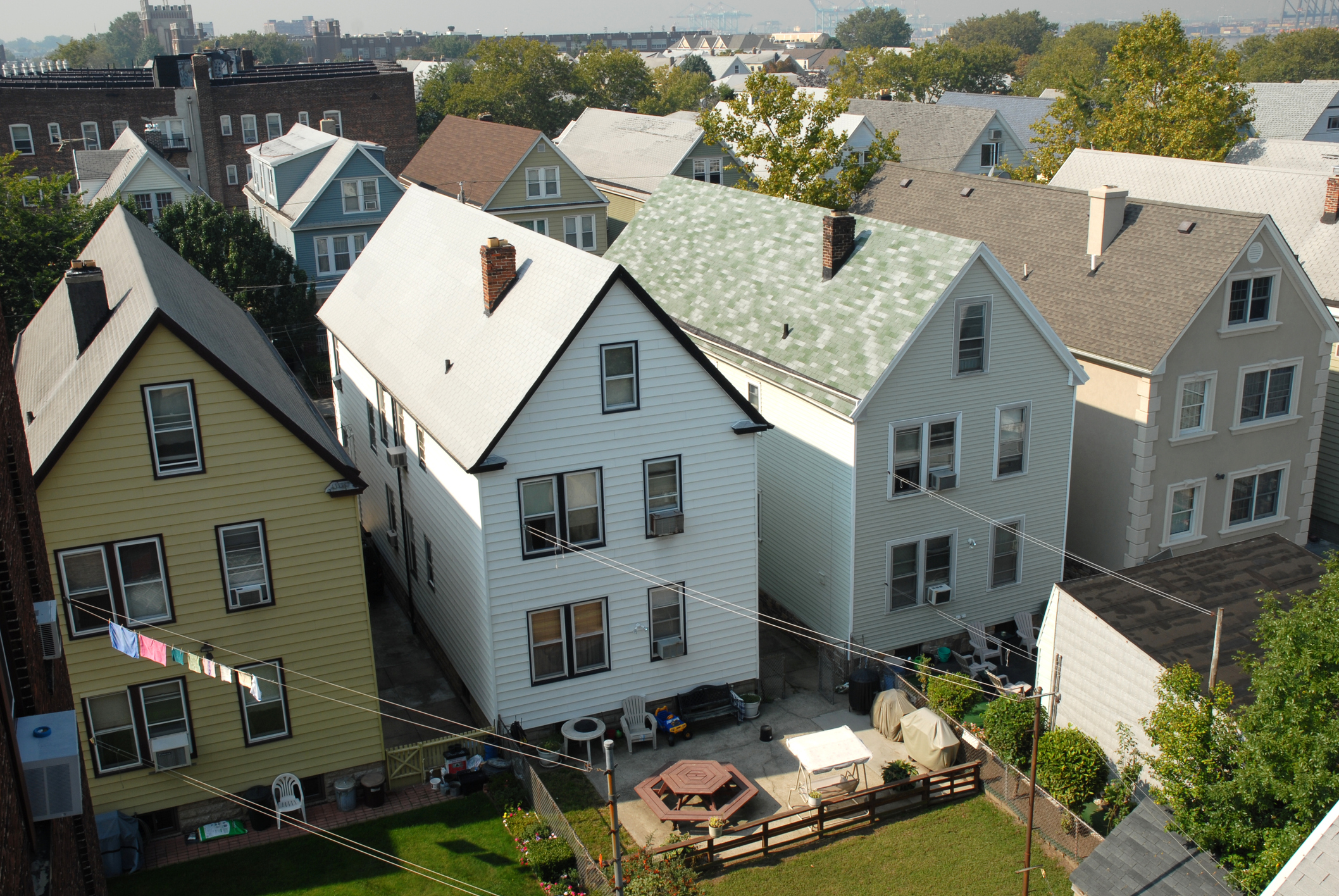Real estate dividend stocks are great options for investors seeking to collect passive income. Commercial real estate tends to generate recurring rental income, enabling companies focused on owning real estate to pay attractive dividends.
Here's a closer look at some of the best dividend-paying stocks in the commercial real estate sector.

Top real estate dividend stocks
Most companies focused on owning income-producing commercial properties utilize a real estate investment trust (REIT) structure. REITs must pay dividends to maintain their tax advantages, so many of the top real estate dividend stocks are REITs.
Here's a look at some of the top real estate dividend stocks:
| Name and ticker | Market cap | Dividend yield | Industry |
|---|---|---|---|
| Realty Income (NYSE:O) | $54.9 billion | 5.34% | Retail REITs |
| Essex Property Trust (NYSE:ESS) | $16.9 billion | 3.88% | Residential REITs |
| Federal Realty Investment Trust (NYSE:FRT) | $8.6 billion | 4.42% | Retail REITs |
| NNN REIT (NYSE:NNN) | $8.0 billion | 5.55% | Retail REITs |
| Vici Properties (NYSE:VICI) | $33.3 billion | 5.60% | Specialized REITs |
1. NNN REIT

NYSE: NNN
Key Data Points
2. Federal Realty Investment Trust

NYSE: FRT
Key Data Points
3. Essex Property Trust

NYSE: ESS
Key Data Points

NYSE: VICI
Key Data Points

NYSE: O
Key Data Points
Pros and cons of investing in real estate dividend stocks
Investing in real estate dividend stocks has its share of benefits and drawbacks. Some of the pros of investing in the sector include:
- Passive income: Real estate typically generates stable rental income, providing companies focused on owning commercial real estate with steady cash flow to support attractive dividends. That enables investors to easily make passive income from real estate.
- Growth: Most REITs aim to grow their cash flows through rental increases, development projects, and acquisitions. This growth enables them to increase their dividends and provide price appreciation potential for their investors.
- Inflation hedge: Rental rates tend to rise at a pace that keeps up with inflation. Commercial real estate also tends to grow in value at a rate that can exceed inflation. This provides investors with a hedge against the impacts of inflation.
On the other hand, here are some cons of investing in real estate dividend stocks:
- Sensitive to interest rates: The value of commercial real estate tends to fall when interest rates rise. Higher rates make it more expensive for real estate companies to borrow money, which can impact their ability to grow.
- Growth challenges: Real estate companies can face growth headwinds, such as tenant troubles and declining demand for certain property types (e.g., office space in the suburbs).
Related investing topics
How to invest in real estate dividend stocks
It's easy to add real estate dividend stocks to your portfolio. Here's a step-by-step guide on how to invest in real estate dividend stocks:
- Open your brokerage app: Log in to your brokerage account where you handle your investments.
- Search for the stock: Enter the ticker or company name into the search bar to bring up the stock's trading page.
- Decide how many shares to buy: Consider your investment goals and how much of your portfolio you want to allocate to this stock.
- Select order type: Choose between a market order to buy at the current price or a limit order to specify the maximum price you're willing to pay.
- Submit your order: Confirm the details and submit your buy order.
- Review your purchase: Check your portfolio to ensure your order was filled as expected and adjust your investment strategy accordingly.





